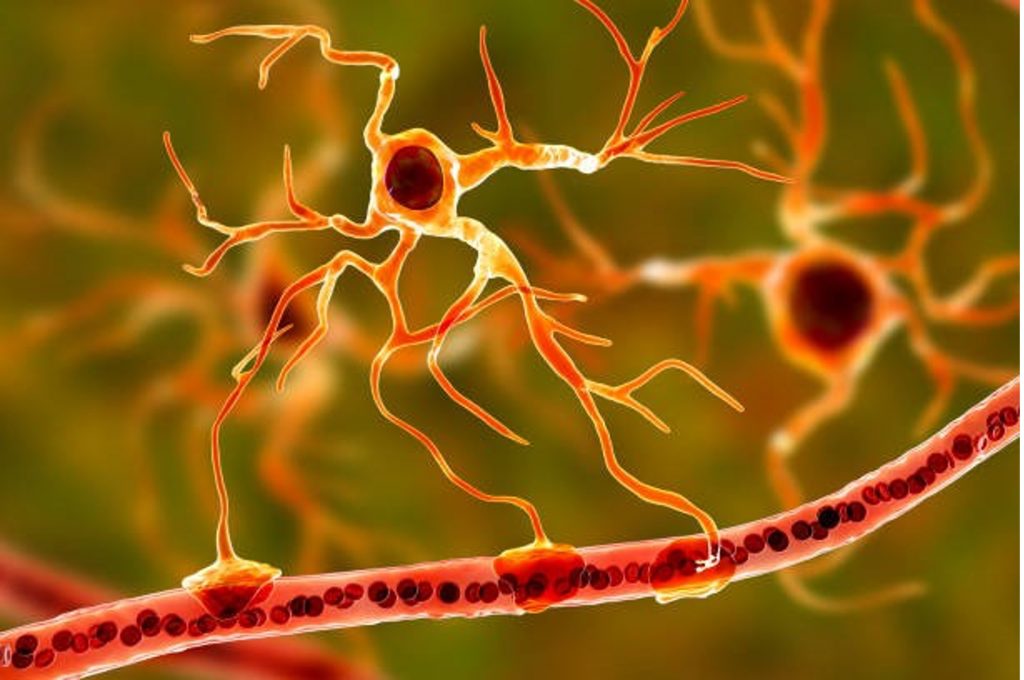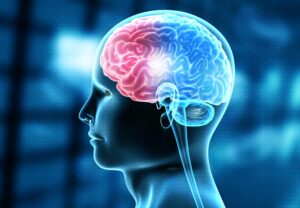
What happens if one day we lose a Neuron?
The Importance of neuron care.
Many Scientists and several investigations have proved, for centuries, that the brain is the seat of human thought. Still, we know just a bit of how it works.
“How can we understand the entire thing if we don’t understand how many different components there are?” – Koch asked.
The brain contains gray matter and white matter, brain tissue and its interconnections or bundles of axons. Look more closely at the image below; you will easily distinguish neurons from glia (the other kind of brain cell).

Image: Dr_Microbe Credit: Getty Images/iStockphoto
Even if we are far from understanding all types of neurons and other brain cells and what they do, a big part of understanding the brain’s parts list is essential. This way, researchers can understand much better which cells in the brain might underlie neurological and psychiatric diseases.
What is a Neuron?
The central nervous system (which includes the brain and spinal cord) is composed of two basic types of cells: Neurons and glia. Glia outnumbers neurons in some parts of the brain, but neurons are the key players in the brain.
Neurons are information messengers. They use electrical impulses and chemical signals to transmit information between different areas of the brain, between the brain and the rest of the nervous system.
So basically, everything we think, feel, and do, would be impossible without the work of neurons and their support cells.
Neurons are connected to each other and tissues to communicate messages; however, they do not physically touch — there is always a gap between cells, called a synapse.
Can neurons be damaged?
Neurons are fragile and can be damaged by pressure, stretching, or cutting. An injury to a neuron can stop the signals transmitted to and from the brain, causing muscles to not work properly or a loss of feeling in an injured area. In addition, nerve injuries can impact the brain, the spinal cord, and peripheral nerves.
Here’s where we take part.
Neurocare Therapy specializes in delivering personalized therapy through innovative technologies that help our patients regain a healthier brain and better quality of life. All without the need for medications.
At Neurocare Centers of America, we have innovative treatments and the support of nationally recognized, board-certified psychiatrists with years of experience specializing in different areas.
We are committed to providing you with personalized care.
Now, there is some important information that we would like to share with you.
First but not least.
Have you ever heard about TMS?
If you haven’t, here is some information to guide you into this exciting and significant subject.
Transcranial Magnetic Stimulation (TMS) is a non-invasive technique for stimulating brain neurons that uses an insulated electromagnetic coil usually placed superficially on the scalp to produce magnetic fields that generate electric currents in specific brain areas.
Neurocare Centers of America innovates mental health and performance by personalizing therapy following a detailed assessment. Neurocare’s objective, measurable, and effective approach is based on our natural ability to learn (neuroplasticity) and technology to speed up the learning (neuromodulation).
Don’t forget why brain health is critical to your overall health.
Because it controls so much of daily function, it is arguably the single most valuable organ in the human body.
Knowing that, let us share that our purpose is for you to live a happier and fuller life.
Latest Article


Can Stress Cause Depression?

Why are Some People on Antidepressants Still Depressed?

